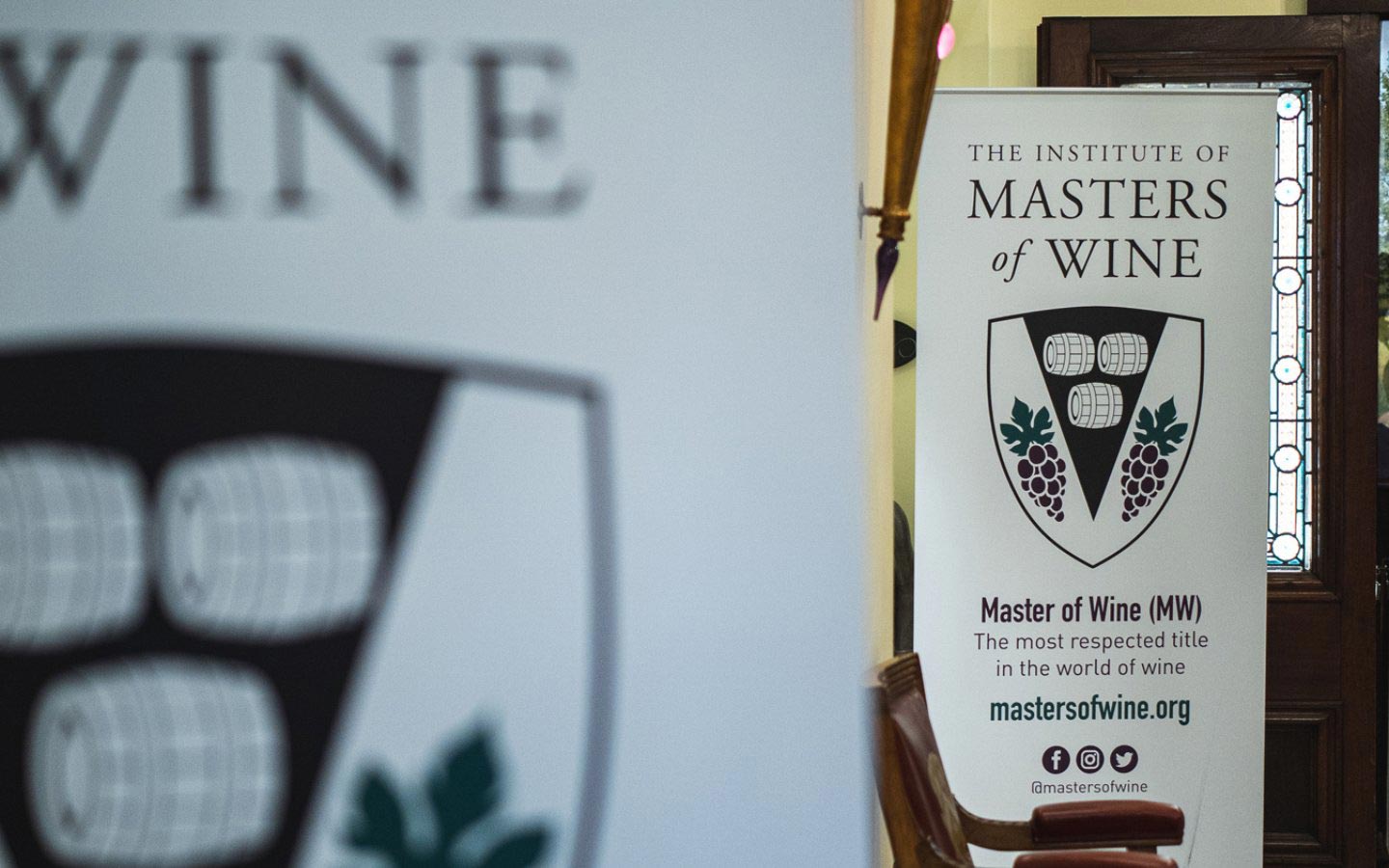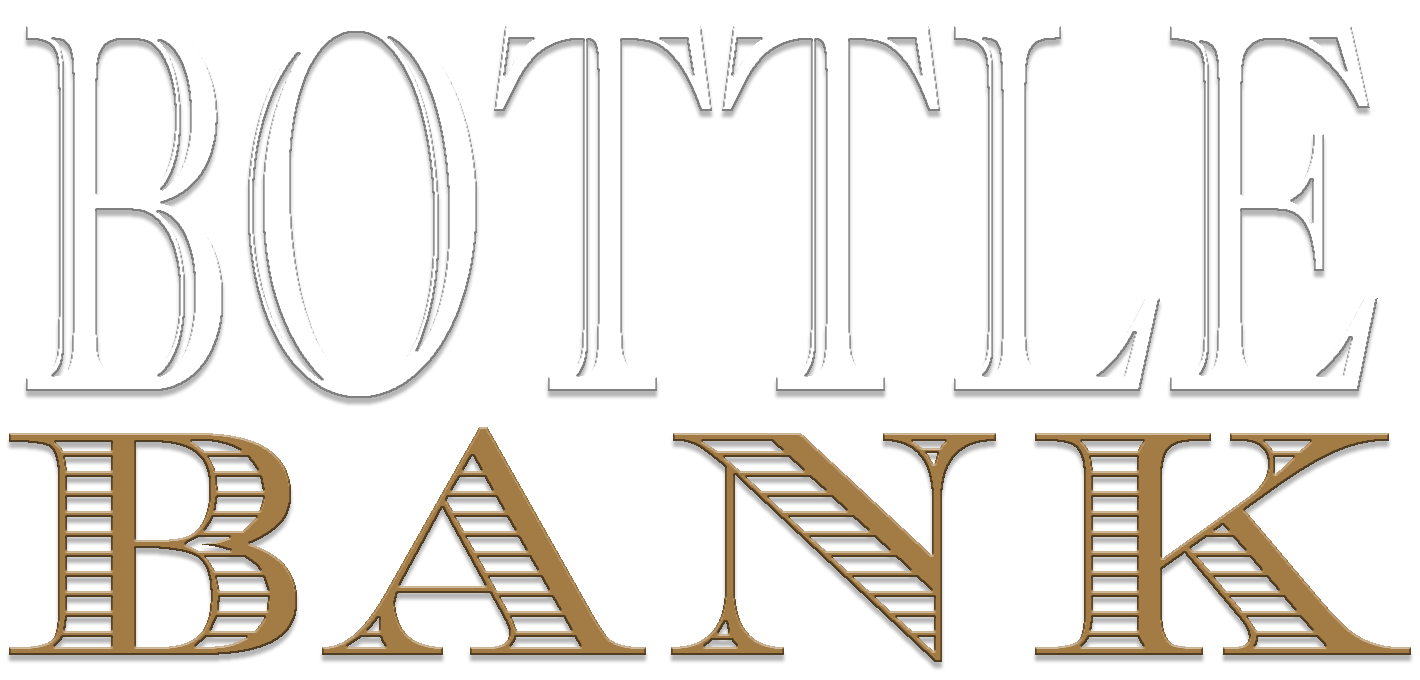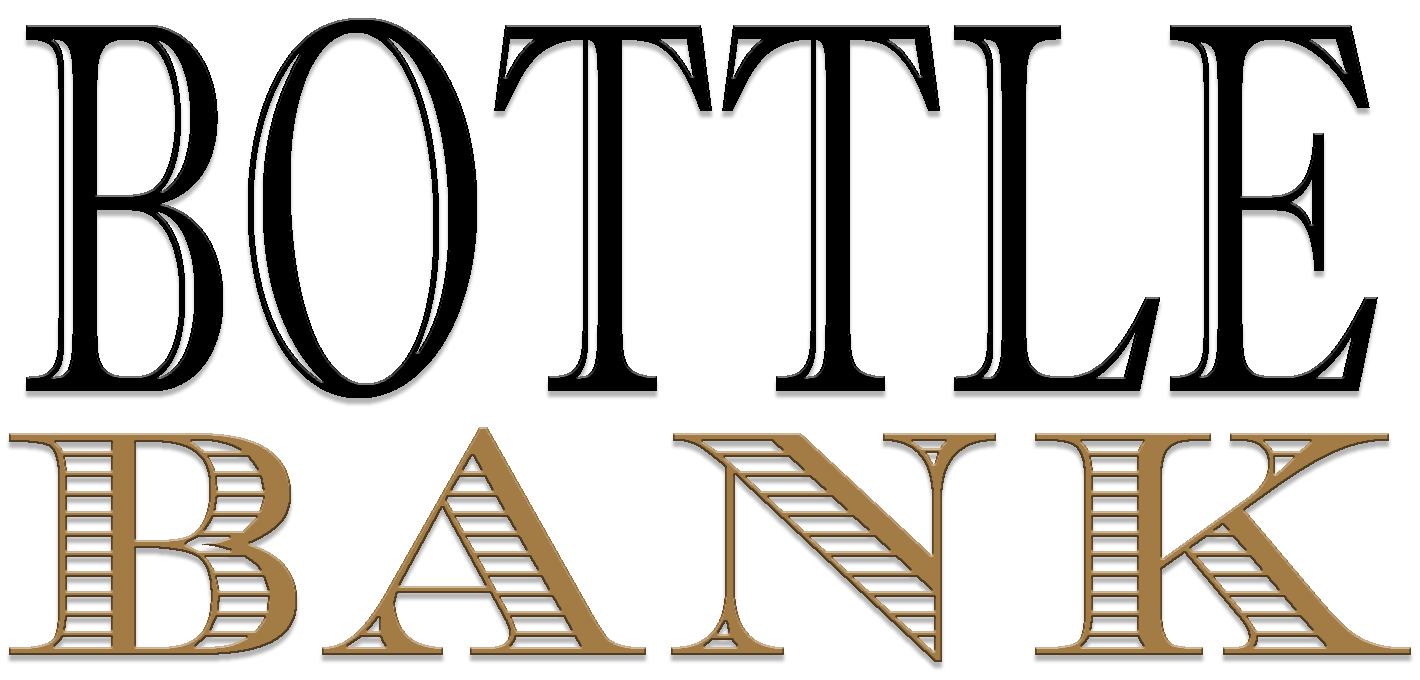Master of Wine (MW) – S1A
Sections:
The Master of Wine (MW) S1A exam consists of both practical and theoretical assessments. The S1A is the first of three stages for the Masters of Wine (MW) Exam from the Institute of Masters of Wine.
For the practical assessment, students blind taste 12 wines and provide written answers to various questions about each sample. Questions include the wine’s origin, grape variety, method of production, style, quality, commercial potential, and potential for aging. Approximately 2 hours 15 minutes are spent on the practical assessment.
To complete the theoretical part of the course, students write two essays in two hours. Topic include viticulture, vinification, pre-bottling procedures, wine business, or handling wine.
Scoring:
The S1A exam requires a total score of 55% for theoretical and practical sections combined and a minimum of 50% for each part. Please note that the amount of information and depth of knowledge required is significant.

In the event that an examinee receives 45% to 54% and at least 40% for each part, they are eligible to retake the exam next year. Students have two chances to pass the S1A exam. Those who fail both attempts must leave the program and re-apply after two years.
Students with less than 45% combined or 40% on either the theoretical or practical component leave the program without retaking the exam. These students can reapply for the exam after two years.
Study Materials:
Students should study the Examiners’ Reports as well as the MW Practical Examination Guidelines and MW Theory Examination Guidelines. Together, these documents and Examiners’ Reports form the basis for the exam. Adequate review will provide a comprehensive understanding of the requirements for the examination.
Students should estimate the “weight” of the questions and focus on answering the most important first. Time, clear thinking and sophisticated language are critical for most of the questions. Try to be mindful of clock and avoid being pressed for time.
For the theoretical section, outline your essay in detail and stick to it, keeping track of time.
Make sure to utilize your mentor for recommendations and personal insights into the process.
Language of Choice:
In Stage 1, students must select the language they will write the theoretical assessment three weeks in advance of the exam. English is required for the practical assessment, but many languages options are available for the essays. Students are encouraged to utilize exam preparation materials written in the same language they plan write the essays to avoid issues encountered during translation.
Handwriting vs. Typing:
Students choose whether to type or handwrite their answers.
One benefit to typing answers is that you will have the opportunity to make corrections to the text without crossing out anything or erasing. If you would like to add something to your text, you can easily insert it while typing.
Another important benefit: If you accidentally enter the answer to one or more wines in the wrong fields, rewriting by hand will take longer than fixing a mistake on a laptop.
Exam Location:
Students should avoid jet lag and arrive at the exam destination well in advance of test day. Enjoy the journey and relax…
The connoisseur does not drink wine but tastes its secrets. ~ Salvador Dali
This article is part of Bottle Bank’s Wine Education Series (WES)
Bottle Bank is Atlanta’s premier wine lounge and private wine storage facility for serious collectors, connoisseurs and aspiring enthusiasts. #WineVaults

